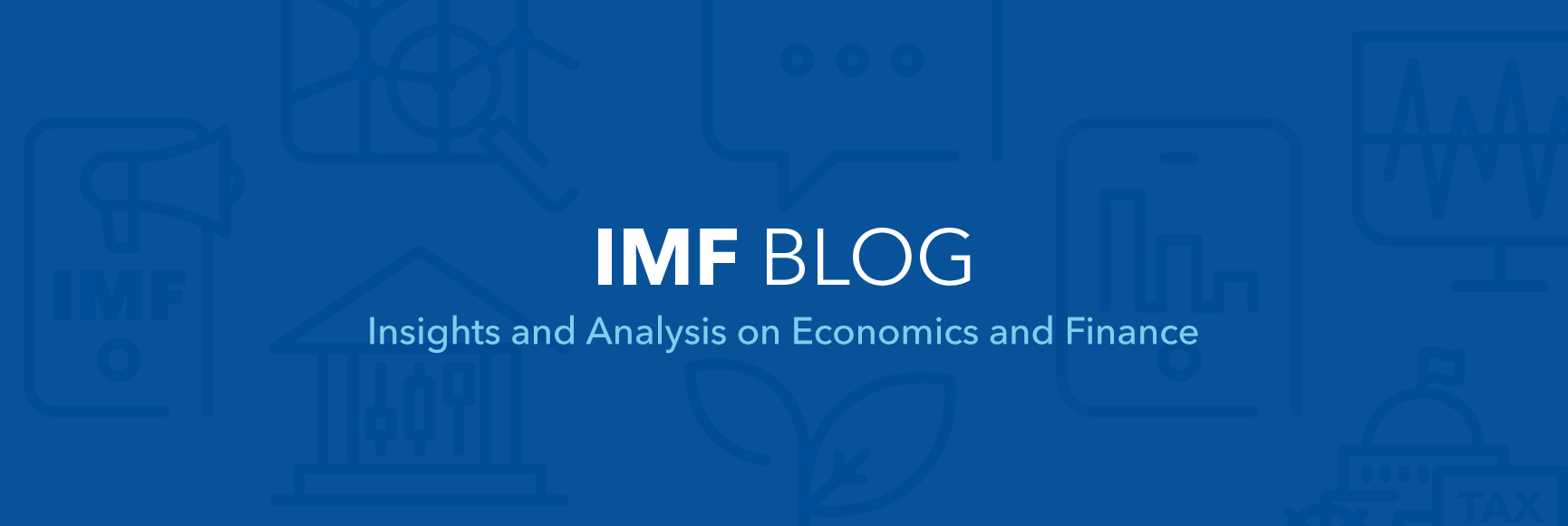(Versions in عربي)
Two days ago, I had the pleasure of visiting Kuwait, a member country of the Gulf Cooperation Council (GCC). It was a whirlwind visit, with many places to see and people to meet, in a thriving corner of the global economy. Kuwait has extended to me its emblematic tradition of hospitality— a testament to its ancient and noble culture. I was awed by the magnificent artifacts of the al-Sabah collection, which I saw in the beautifully restored Dar al-Athar al-Islamiyyah cultural center.
Back to economics. The member countries of the council—Bahrain, Kuwait, Oman, Qatar, Saudi Arabia, and the United Arab Emirates—have some of world’s highest living standards. The region has also become a major destination for foreign workers and a source of remittances for their families back home. And it is a financial center and a hub for international trade and business services.
Nevertheless, there are challenges: the GCC countries need to find new sources of productivity and prosperity for the 21st century. As I can attest from my meetings with policymakers, students and women, this is a live issue in Kuwait. They all agreed that the region need to build on its gains, and it needs to start now.
What does this mean? It means saving for future generations, diversifying the economies and creating jobs in the private sector for citizens. It means investing in skills and education, so that all, boys and girls, men and women—can fulfill their potential and live rewarding lives.
Saving for future generations
Most GCC countries could do more to save their oil revenues for future generations. Some have started to cut back on public spending this year. Going forward, policies should focus on further containing current spending—while minimizing the impact on growth and enhancing social equity. This means that governments will need to find ways to rein in hard-to-reverse expenditures (wages and subsidies) and target spending on high-quality capital investments and social programs.
Investing in education
As a daughter of two professors, I am a firm believer in the amazing power of education. The Arab world was an early pioneer in the field of scientific enquiry, going all the way back to people like Al-Hasan Ibn Al-Haytham and Jabir Ibn Hayyan. This is the region's legacy and it could also be its destiny.
Certainly, there have been great strides in the region. The number of years students spend in school has risen considerably over the past decade. But there is still some distance to travel if citizens are to compete for jobs with the best and the brightest in the global economy. Math and science scores are relatively poor, and the skills acquired do not match the requirements in the private sector.
Taking the plunge
Why bother? Well, productivity—the key driver of long-term growth—has declined or stagnated. A key reason is the tendency for graduates to seek safety in the harbor of the public sector, instead of sailing into the open waters of private employment. Over the first decade of this century, Gulf countries created about 5½ million private sector jobs. Nearly nine in ten of these jobs went to expatriates.
This does not bode well for the future. If current trends continue, only a third to a half of citizens joining the labor force by 2018 would find private sector jobs. But we all know that the dynamic economy of tomorrow will not be driven by a bloated public sector.
Governments can make private employment more attractive both by resisting the urge to open the floodgates of public employment in times of stress, and by taking measures to boost private sector pay—including by facilitating on-the-job training and offering dual-education systems, which combine apprenticeships with formal vocational schooling. Well-targeted wage subsidies may also help, at least temporarily.
As I told students at Kuwait University, graduates need to do their part, too. They should be prepared to take the plunge and seek employment in the private sector. I know it is not easy—I did it as a young lawyer myself—but it will pay off, personally and for the country.
Women and economic growth
Women play a key role in the region’s future. Here, Kuwait is a role model: womens’ labor force participation is the highest in the Gulf region. Kuwait is home to some of the brightest, most educated, most creative women in the world. I had the pleasure of meeting some of them during my visit. With talent of this caliber, I know the future of the region is in good hands.
Letting women participate more fully in economic life can yield enormous economic benefits—as shown in a recent IMF study. This is one area where the region as a whole lags behind. For the entire Middle East and North Africa region, the gap between men and women's participation in the labor force over the past decade was almost triple the average gap in the emerging market and developing economies.
If this gap had simply been double instead of triple, the gains for the entire region, the Gulf countries included, would have been enormous—almost $1 trillion in output, amounting to annual gains of about 6 percent of GDP.
Given the stakes, it is not only time, but worth it to break down the obstacles that hold women back. This can be done by making sure that all girls have access to quality education, removing restrictions on the economic role of women—their mobility, their participation in certain sectors, their property rights—and enshrining the principle of equal pay for equal work. Giving mothers and fathers real choices through appropriate parental leave programs and quality child care would also help.
The Gulf region and the Arab world at large have enormous potential, building from a great legacy. To build bridges to the future, the region needs to save more, diversify its economies more, and invest more in its young, dynamic, and highly-motivated population. The IMF is ready to stand with the region while building those bridges.




